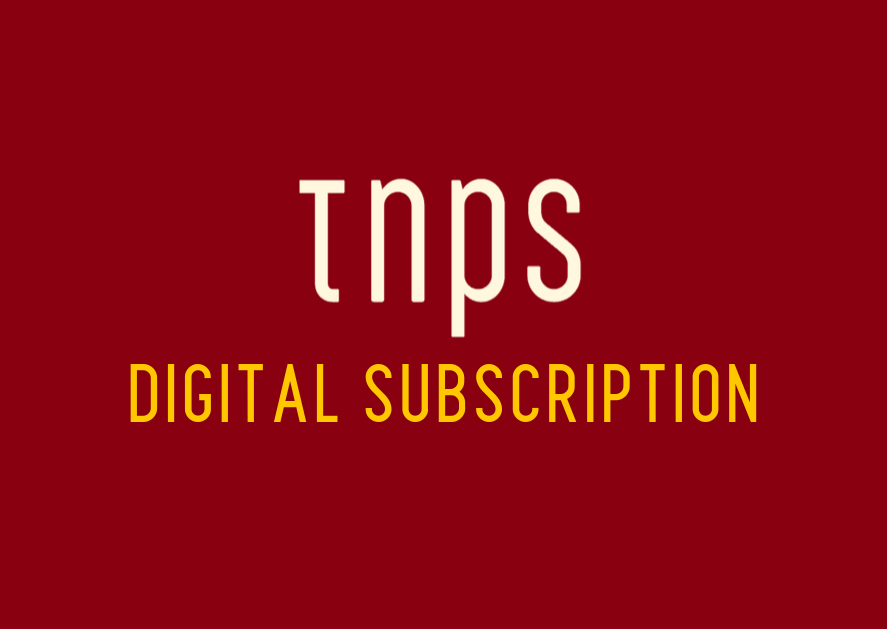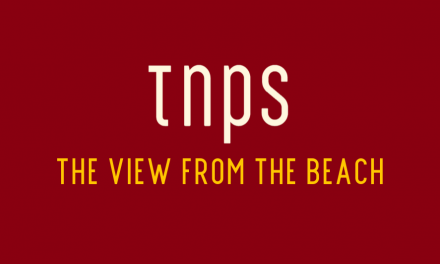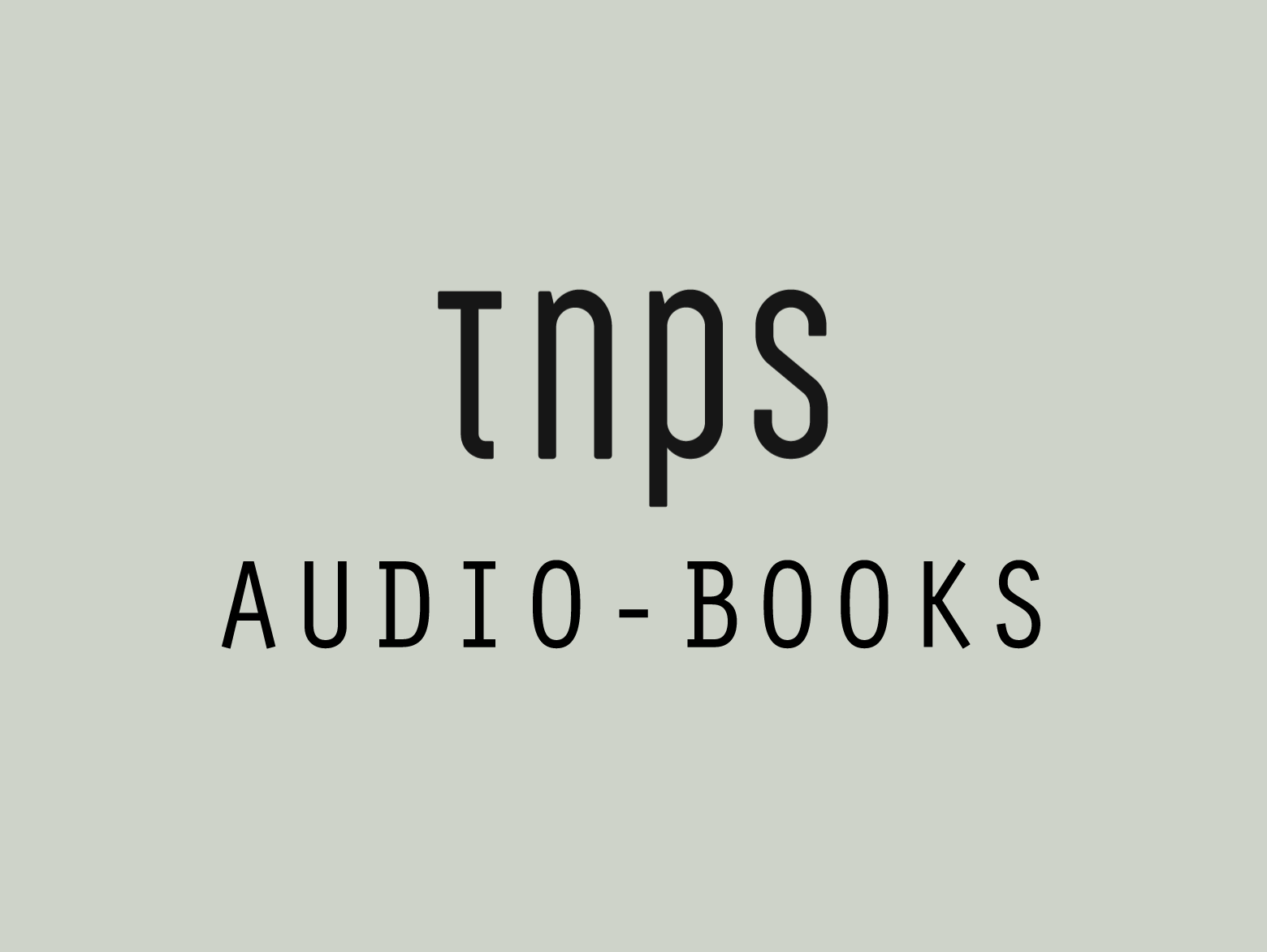Self-fulfilling prophecies are the new black in publishing. You may have heard the one about podcasting and audiobooks. Publishers didn’t invest in podcasts and audiobooks because no-one was interested – until publishers finally invested in podcasts and audiobooks and found everyone was interested.
Recent developments in the digital books subscription market – notably Storytel launching in France and Nextory launching in Spain and Italy with tiered access rather than the more “traditional” all-you-can-eat model – has fuelled speculation that the unlimited model might be nearing its expiry date.
That fire was fanned this week by the long-awaited Spotify audiobooks launch in the UK, Ireland, New Zealand and Australia, where of course the traditional Spotify unlimited model is abandoned completely in favour of à la carte retail.
So the all you can eat model really is history, it seems.
At least, that’s the wishful thinking by those in the never-unlimited camp who, like PRH CEO Markus Dohle, are determined to cling to twentieth century consumer models to protect the status quo.
Dohle famously pulled all PRH titles from unlimited subscription platforms worldwide (with the bizarre argument that unlimited subscription harmed authors’ revenues – never mind that by pulling the titles, authors lost revenue from those platforms altogether) so we can safely assume there are no PRH titles in the latest offering from KoboPlus Canada.
KoboPlus is of course the unlimited subscription option Kobo has been rolling out across multiple markets, launching in Canada in 2020 –
on the back of a successful programme that began in the Netherlands in 2017 and has since spread to Belgium, Portugal, Australia, New Zealand, Italy and France, alongside Canada.
As a Canadian-based (now Japanese-owned) company it’s perhaps surprising that Canada came so late in the KoboPlus roll-out, but the English-speaking markets have been notoriously resistant to the all-you-can-eat model, so what’s interesting here is
a) that it has happened at all, and
b) that it has happened when so many publishing pundits are asserting all-you-can-eat is history and the unlimited subscription platforms are reverting to à la carte or tiered access.
This wishful-thinking trend began with the acquisition of Audiobooks.com by Storytel last year. Until that time Storytel was synonymous with unlimited, so the decision to keep Audiobooks.com as an à la carte retail site caught some by surprise and fuelled a non-existent fire that the unlimited model had fallen out of favour.
Spotify’s launch in the US with its audiobooks platform added fuel to the imaginary fire when it became apparent Spotify had also adopted à la carte.
In both cases of course this was pragmatism not business acumen that drove the decisions. Storytel and Spotify both know, and built their very existence, on the fact that consumers prefer the unlimited model and the model can deliver a viable, profitable service to both platform and content supplier.
But when it comes to the English-speaking markets where publishers have long since handed digital dominance to Amazon, there is a wariness about trying anything new and about handing control to even more digital platforms.
As BookBeat found out when it launched in the UK, the major English-language publishers prefer to cling to the model that gave Amazon market dominance, resulting in a publishing-industry time-honoured self-fulfilling prophecy. BookBeat is still there but treading water waiting for the publishing climate to change.
Which might seem improbable right now, especially given the latest abandonment of all-you-can-eat by Spotify, but don’t count your chickens too soon.
Here’s the thing: By keeping the most popular titles off the unlimited platforms the publishers ensure the unlimited platforms do not attract enough consumers and shift enough titles to call the model a success. And then, as Markus Dohle has made his own, they assert that author revenues suffer under the unlimited model.
Self-fulfilling prophecies are the new black in publishing. And sometimes for the greater good. Take diversity publishing. Publishers finally opened up to publishing diverse stories by diverse authors and as if by magic they sold more diverse stories by diverse authors.
At the other end of the spectrum, publishers pushed up ebook prices to depress ebook sales and justify their assertion that consumers didn’t really want to buy ebooks.
And you may have heard the one about podcasting and audiobooks. Publishers didn’t invest in podcasts and audiobooks because no-one was interested – until publishers finally invested in podcasts and audiobooks and found everyone was interested.
Of such damascene conversions is publishing’s evolution made.
Which brings us full circle to unlimited vs à la carte retail, where actually the division is pretty clear – in markets where publishers embrace the model, the model works. In markets where publishers resist the model, the model falters.
Without, at minimum, the PRH catalogue, and presumably without a substantial number of frontlist tiles from other major publishers, it will be impossible to judge the success or failure of Kobo Plus Canada in any meaningful way. But safe to presume it will fair well despite the absence of big-name content.
And just in case the à-la-carters point to KoboPlus as a small-beer player in the global book market (which of course is true for the USA, at least), and therefore an irrelevancy, let’s just remind ourselves in closing of how Amazon-owned Audible has been slowly rolling out unlimited options while publishers complacently looked the other way.





